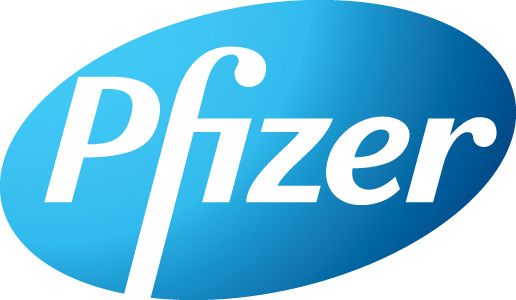Article
Abrocitinib Adds Second Positive Phase 3 Findings to Atopic Dermatitis
Author(s):
New findings from the 12-week pivotal JADE MONO-1 trial show the JAK1 inhibitor's benefit in skin clearance and itch relief.

New findings from a pivotal phase 3 trial show abrocitinib’s benefit in skin clearance and itch relief in pediatric-to-adult patients with moderate to severe atopic dermatitis.
In new complete findings, Pfizer shared positive results for their small-molecule oral Janus kinase (JAK1) inhibitor therapy in patients aged 12 years and older versus placebo.
The JAK1 Atopic Dermatitis Efficacy and Safety (JADE) global development program—which includes the 12-week JADE MONO-1 trial evaluating 100 mg and 200 mg doses of abrocitinib—now has a second portfolio of positive phase 3 findings to support Pfizer’s US Food and Drug Administration (FDA) application for the treatment of atopic dermatitis.
In JADE MONO-1, investigators conducted a double-blind, parallel-group, randomized study of 387 patients with moderate to severe atopic dermatitis. Patients were randomized to either abrocitinib 200 mg, 100 mg, or placebo. Randomization was stratified by patient baseline disease severity, on a scale from moderate (Investigators Global Assessment [IGA] score of 3) to severe (IGA of 4), as well as age (<18 and ≥18 years).
After 12 weeks, eligible patients were invited to a long-term extension trial, while early-discontinuation patients entered a four-week follow-up assessment.
Investigators assessed for co-primary endpoints of proportion of patients to achieve IGA scores indicating clear (0) or almost clear (1) skin and a baseline-relative improvement of at least 2 points; as well as a proportion of patients to achieve a change of at least 75% from Eczema Area and Severity Index (EASI) baseline score.
Key secondary endpoints included the proportion of patients achieving a four-point or greater reduction in itch severity, measured with the pruritus numerical rating scale (NRS); and decrease in the Pfizer-developed patient measurement scale Pruritus and Symptoms Assessment for Atopic Dermatitis (PSAAD).
At 12 weeks, both abrocitinib doses were associated with significant IGA score improvement, as well as EASI-75 dose response outcomes versus placebo. Improvements in IGA response rate (43.8%), EASI-75 response rate (62.7%), and EASI-90 response rate (38.6%) were most significant in the 154 patients treated with abrocitinib 200 mg. Among patients given the lower-dose treatment, respective rates were 23.7%, 39.7%, and 18.6%.
The rate of serious adverse events in either treatment group was 3.2%, worse than the 1.9% rate reported in the placebo arm. However, fewer patients treated with either dose of abrocitinib (5.8%) discontinued the trial due to an adverse event than patients on placebo (9.1%).
Frequently reported treatment-emergent adverse events included short-lasting nausea, headache, and nasopharyngitis. Serious adverse events included inflammatory bowel disease, peritonsillitis, dehydration, asthma, retinal detachment, acute pancreatisi, appendicitis, dizziness, and seizures.
In February 2018, abrocitinib was granted Breakthrough Therapy designation for moderate to severe atopic dermatitis from the FDA. Michael Corbo, PhD, chief development officer of Inflammation & Immunology at Pfizer Global Product Development, noted there is a critical need for added treatment options for this patient population.
“We are pleased by these findings, which together with the recently reported positive top-line results from our second phase 3 trial, encourage us that, if approved, abrocitinib may provide the first oral, once-daily treatment option for these patients,” Corbo said in a statement.

Study Compares ChatGPT-4 Diagnostic Abilities to Teledermatologists




